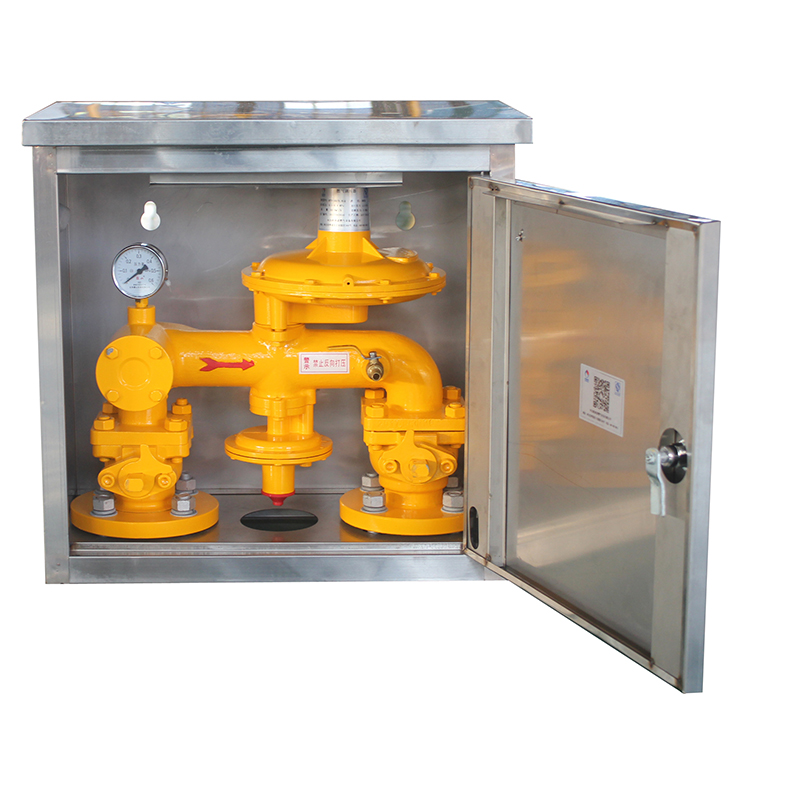
Nov . 02, 2024 01:00
Back to list
natural gas valve
The Importance of Natural Gas Valves in Modern Systems
Natural gas is a vital energy source that powers homes, industries, and vehicles across the globe. As the demand for natural gas continues to rise, the efficiency and safety of its transportation and utilization have become increasingly pivotal. At the heart of these systems are natural gas valves, which play a crucial role in controlling the flow of this essential resource.
What are Natural Gas Valves?
Natural gas valves are mechanical devices designed to regulate the flow and pressure of natural gas within pipelines, appliances, and industrial facilities. These valves come in various types, including ball valves, gate valves, globe valves, and safety valves. Each type serves a specific purpose, helping to manage the gas flow effectively while ensuring safety and reliability.
Types of Natural Gas Valves
1. Ball Valves Known for their quick operation, ball valves use a spherical disc to control flow. They are valued for their ability to maintain a tight seal and are commonly used in residential and commercial applications.
2. Gate Valves These valves are used primarily to start or stop the flow of gas. They provide minimal resistance to flow when fully open, making them ideal for applications where a straight-line flow of gas is needed.
3. Globe Valves Globe valves are excellent for throttling flow, allowing for precise control in various applications. They are frequently used in regulating systems where steady pressure is critical.
4. Safety Valves Safety valves are essential for preventing overpressure situations. They are designed to automatically release gas when pressure exceeds a predetermined limit, ensuring system integrity and safety.
natural gas valve

The Role of Natural Gas Valves in Safety
Safety is a paramount concern in the natural gas industry. Natural gas is flammable and poses a risk of explosion if not handled correctly. Valves play a significant role in mitigating these risks. For instance, safety valves are crucial in preventing pipeline ruptures by releasing excess pressure, while shut-off valves can isolate sections of a pipeline system in the event of a leak. Regular maintenance and inspection of these valves are vital to ensure their proper functioning and to prevent accidents.
Efficiency and Environmental Impact
In addition to safety, natural gas valves contribute to the efficiency of gas systems. Properly functioning valves ensure optimal flow, reducing waste and lowering operational costs. Furthermore, as the world moves towards greener energy sources, natural gas is often seen as a cleaner alternative to coal and oil. Efficient gas management through advanced valve technologies can help reduce emissions and promote a more sustainable energy future.
Innovations in Natural Gas Valve Technology
Advancements in technology have led to the development of smart valves equipped with sensors and automation capabilities. These intelligent systems allow for real-time monitoring and control of gas flow, enhancing both efficiency and safety. Predictive maintenance capabilities can identify potential issues before they become problems, ensuring that valves operate at peak performance.
Conclusion
Natural gas valves are indispensable components in the energy infrastructure that supports modern society. They not only control the flow and pressure of natural gas but also play a critical role in safety and efficiency. As technology continues to evolve, the integration of smart valve systems is likely to enhance the reliability and sustainability of natural gas applications, paving the way for a cleaner energy future. As we continue to rely on natural gas in various sectors, the importance of high-quality, well-maintained valves cannot be overstated.
Next:
Latest news
-
Safety Valve Spring-Loaded Design Overpressure ProtectionNewsJul.25,2025
-
Precision Voltage Regulator AC5 Accuracy Grade PerformanceNewsJul.25,2025
-
Natural Gas Pressure Regulating Skid Industrial Pipeline ApplicationsNewsJul.25,2025
-
Natural Gas Filter Stainless Steel Mesh Element DesignNewsJul.25,2025
-
Gas Pressure Regulator Valve Direct-Acting Spring-Loaded DesignNewsJul.25,2025
-
Decompression Equipment Multi-Stage Heat Exchange System DesignNewsJul.25,2025

